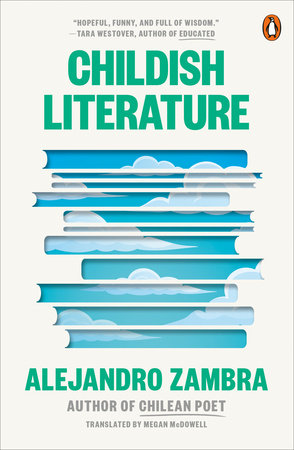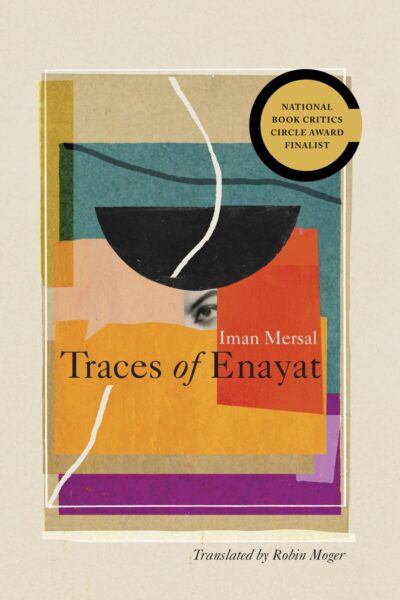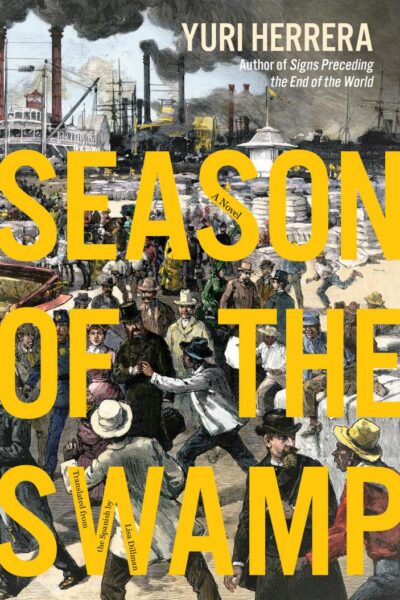The only good thing about living in the margins is finding others that have been cast there, too.
If capital “H” history falls short and neglects the humanity of those it documents, Shibli and Nordenhök seem to reason, then it is the proper role of fiction to step in, and make those stories fuller.
Again I Hear These Waters – ed. Shalim M. Hussain
AGAIN I HEAR THESE WATERS is a radical attempt to give voice to the many dialects now endangered in Northeastern India as well as Assamese.
Towards a Postcolonial Politics of Relatability: Translating People from Oetimu by Felix Nesi
Fiction that imagines the world from its so-called “peripheries” may in fact upend the way we perceive the concept of the “center” itself, reorienting the weight of worldliness towards the edge, the margin, the contact zone.
Taiwan Travelogue – Yáng Shuāng-Zǐ
The acts of translation throughout TAIWAN TRAVELOGUE show how language hides our blind spots and how caring deeply for others might help to reveal them.
Adriana contains both a Scheherazade and the sultan who wants to kill her. She is paralyzed, almost like the living dead, because she feels that the disappearance of her family foretells her own.
Childish Literature – Alejandro Zambra
How does it feel to be a father? It is a sensitive, self-reflective state. I am always aware of the political and social tenuousness of my position, the expectation that I will disappoint, the lack of a solid script.
Egypt + 100: Stories from a Century after Tahrir – ed. Ahmed Naji
EGYPT +100 is anchored by an elegantly simple premise: invite a cadre of influential Egyptian writers to imagine what the country will be like in the year 2111—one hundred years after the 2011 Revolution.
City Addresses: Iman Mersal’s Rihla through a Dis(-)appearing Cairo
As [Mersal’s] recursive and often discontinuous writing attests, the drive toward progress tends to entail an imperfect erasure, whose traces might resurface—as if through a palimpsest—if only one cared to look.
Season of the Swamp – Yuri Herrera
Herrera’s novel conjures the past from its hiding spot in plain sight. What appears absent is in fact there, somewhere—only it requires the work of a skilled author to coax it to life.











